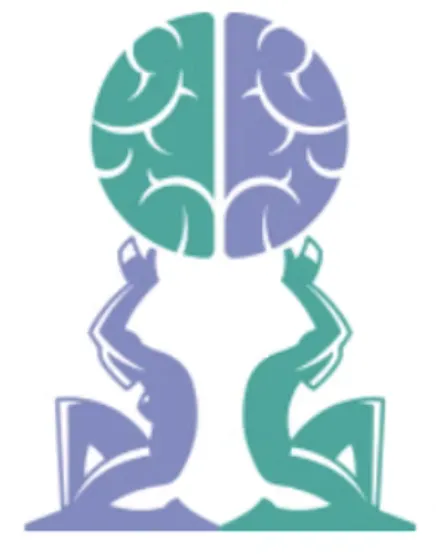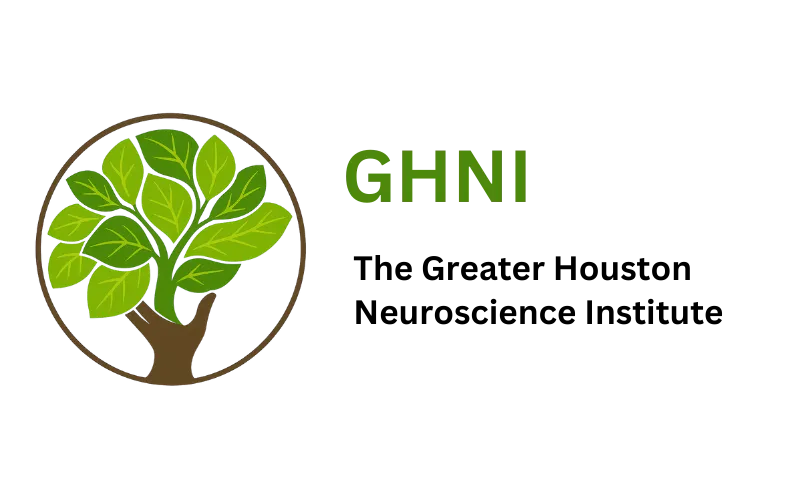RRCSA
THE REGIONAL RESOURCE CENTER FOR SUPER ADULTS
The Regional Resource Center for Super Adults (RRCSS) was a collaborative program designed and implemented by Doctors David Gottlieb, PhD and Peter M Shedden Neurosurgeon. Dr. Gottlieb former Dean of the College of Social Sciences at the University of Houston, was a well-known face in The Woodlands community. Dr. Gottlieb was hired by Houston oilman, George Mitchell as a consultant to coordinate conferences on Sustainable Societies at The Woodlands and to assist in development of higher education partnerships in The Woodlands.
In 1985, Mr. Mitchell recruited Dr. Gottlieb as vice president for Institutional Development for The Woodlands Development Company. He worked hard to establish the Montgomery Community College, which is currently well known as Lone Star College.
He and his wife Brenda, were extremely strong advocates of the arts within The Woodlands and Montgomery County. In 1995 Dr Gottlieb, became President and CEO, of
The Cynthia Woods Mitchell Center for the Performing Arts, located in the heart of The Woodlands, offering a spectrum of music performances that all ages can enjoy.
Dr Gottlieb had an absolutely wonderful career and life. He was a “connector” long before Malcolm Gladwell wrote about it. In his book “The Tipping Point” Gladwell pointed out that certain humans were “connectors”.
These people were crucial for spreading ideas and influence within social networks, characterized by their extensive and diverse social networks and ability for making introductions. Dr. Gottlieb
was that person, in addition to all his other accomplishments and positions held.
The RRCSA is about the importance of social connection, including its historical aspects, trends, current challenges and the opportunities that are available for the pillar of Lifestyle Medicine that is so important in contributing to longevity and well-being.
Both doctors, saw the need for “a place to land”, for those over 55, with a wide variety of experience, desire for love of community and people. Dr. Shedden's focus within RRCSA was initially what he perceived as an inability for aging patients to obtain appropriate coordinated
HEALTHCARE.
His training and experience in the CANADIAN healthcare system, prior to moving to the USA, as well as watching his parents overall healthcare dwindle, as each year went by in Canada, played a big role in his interests and focus that continues to this day.
Dr. Gottlieb unfortunately passed away in 2018 just as the RRCSA was gaining momentum, exposure and identity,
for those 55 or older seeking opportunities, friendship,
health education and an overall sense of purpose.
In 2024, by chance, Dr. Shedden had the opportunity
to see the Netflix series, called “The Blue Zones”, which is a documentary on five different locations in the world, where
non-genetically related individuals were living happy and productive lives well into the ages of 100 years old.
These five locations included Loma Linda, California, Nicoyo, Costa Rica, Ikaria, Greece, Sardinia, Italy, and Okinawa, Japan. Dan Buettner, a journalist with National Geographic, was instrumental with his team in endless work over many years, attempting to identify the common characteristics of these five blue zones areas.
Some of the commonalities included:
Plant slant diets
Purpose
Downshifting
80% rule for eating
WINE at five
Move naturally
Belong, must have faith connection
Loved ones first, keeping parents and grandparents nearby
The Right tribe, the correct social circle
Or more easily remembered as:
Move
Right outlook
Eat wisely
Connect
Where the Blue Zone starts and identifies these areas of the world, the American College of Lifestyle Medicine (ACLSM)has over 20 years used evidence based lifestyle therapeutic approaches as a primary therapeutic modality, delivered by clinicians, trained and certified in lifestyle approaches
to prevent, treat and ofter reverse chronic disease.
The six pillars of LSM include whole food plant based diet, restorative sleep, physical activity, stress resilience and management, avoidance of dangerous substances and social connections.
Cindy Geyer MD,
When speaking about lifestyle medicine stated “one of the most powerful aspects of lifestyle medicine is that patients become more engaged, active participants in their own self-care, disease, prevention and management, and overall well-being”.
Although there are six pillars to lifestyle medicine, The Greater Houston Foundation for Medical Research and Education
(GHFMRE) will be focusing on these from an educational standpoint, including
lectures, activities, and eventually the ability to have coaching opportunities for patients and their specific concerns.
The RRCSA wants to focus on one of the lifestyle medicine pillars and that being social connection.
A 1939 Harvard study which is still ongoing suggests that longevity and overall well being of an individual is based on the number of purposeful relations that one has at age 50. The power and importance of purposeful human social connections
cannot be over emphasized.
There are numerous articles and books written about longevity, happiness, thriving, well-being, etc. They include
but are definitely not limited to such articles as “The Good Life”, authors Robert Waldinger MD and Marc Schulz PhD, which discusses the pearls learned from the world’s longest scientific study of happiness, which is the 1939 Harvard study.
Dan Buettner‘s two books “Thrive” and “The Blue Zones of Happiness” discuss characteristics of
some of the world’s happiest people. Of course one cannot discuss happiness without discussing the other end of the spectrum loneliness, which according to Vivek Murthy, MD, the 19th surgeon general the United States, states is a CRISIS.
Humans were meant to be social, and as Dr. Murthy states,
“loneliness is affecting not only our health, but how our children experience school, how we perform in the workplace and the sense of division and polarization in our society”.
As humans we desire to connect, we hope to develop relationships with family, friends, and coworkers. Some of us live in communities where opportunities for connection may be substantial whereas others unfortunately may not have those opportunities.
But social connection is one of the important six pillars of Lifestyle Medicine and is the major factor in longevity and well-being.
RRCSA wants to promote the importance of social connection.
To help educate the public about the importance of the this pillar in the overall spectrum of LSM.
Social connection is dynamic and in a world filled with internet , cell phones, computers and I-pads, the importance of direct social connections whether through the
home, school, workplace, spiritual attendance, volunteerism or just participating cannot be under estimated.
For those interested in exploring more into where the social connection fits into your well-being and health platform, RRCSA maybe an opportunity to learn, educate others and form bonds in relationships with others of like interests.
Please continue to watch for dates of upcoming lectures on this topic

